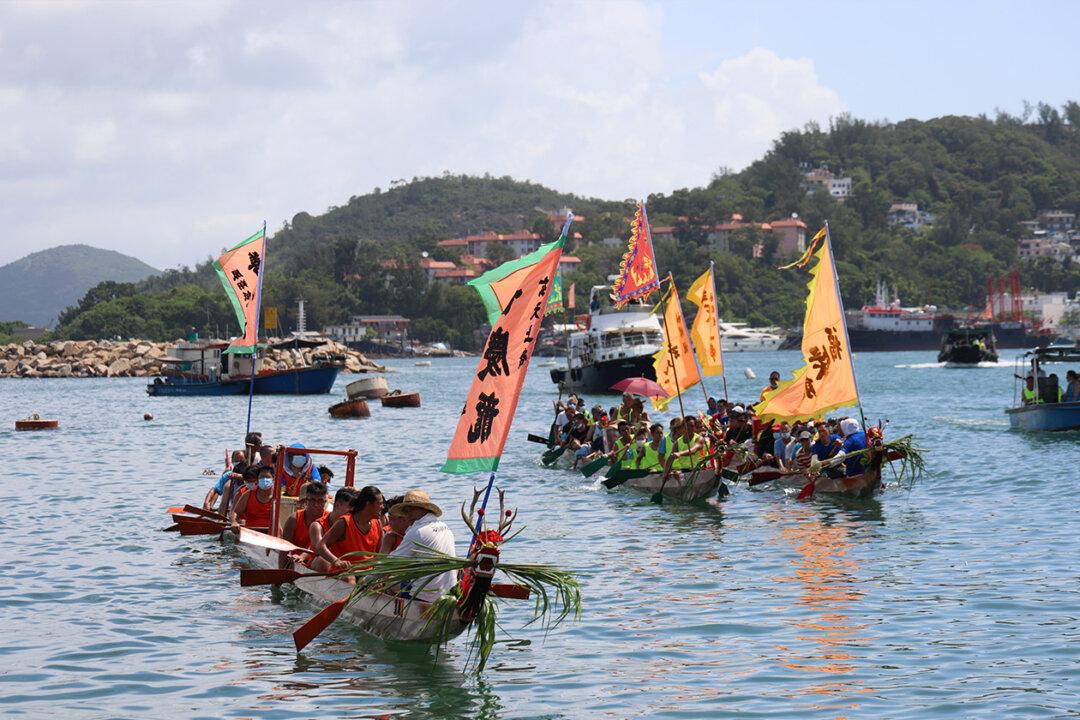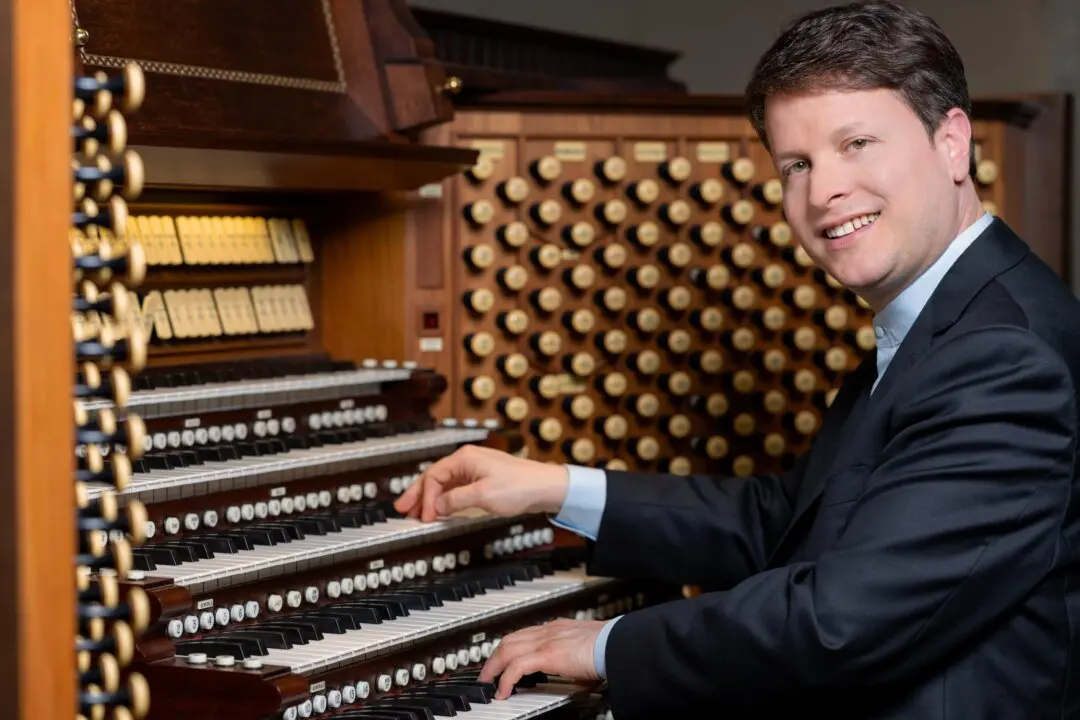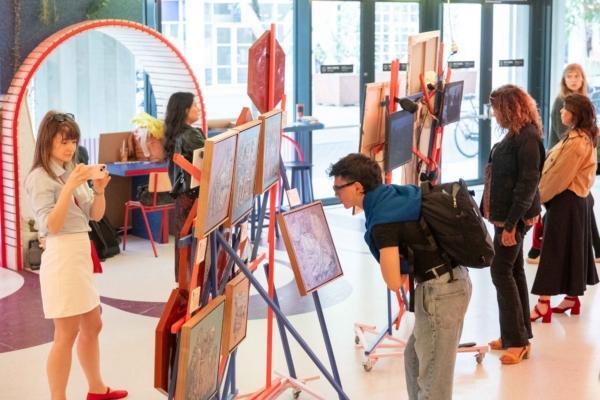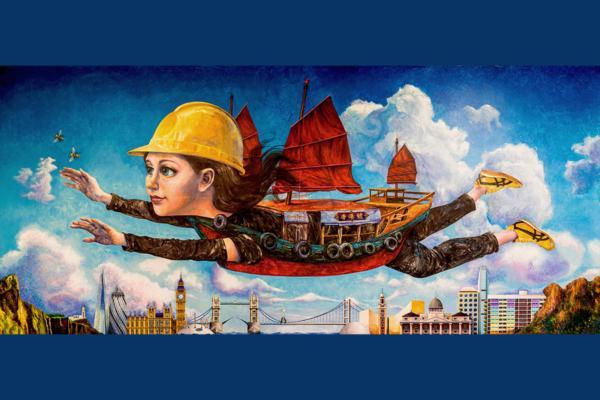June 22 brought this year’s Dragon Boat Festival, also known as Double Fifth Festival, as it falls on the fifth day of the fifth month in the Chinese calendar.
Apart from those delicious “rice dumplings” wrapped in lotus leaves, the dragon boat parade is another feature that makes the festival exciting. Yet you might not be familiar with, or have heard of, the famous Dragon Parade during the festival in Hong Kong’s Dumbbell Island (Cheung Chau).




